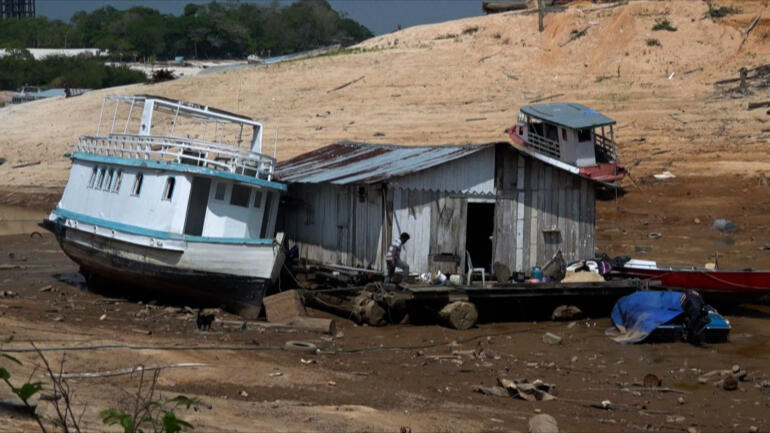The Amazon Rainforest, known for its unparalleled biodiversity and crucial role in regulating the Earth’s climate, is facing an unprecedented challenge. A record-setting drought across Brazil has put immense pressure on this vital ecosystem in recent years. Researchers and environmentalists are deeply concerned about the long-term consequences of this drought, fearing that the Amazon Rainforest may be approaching a point of no return.
Miuda Valls’ insightful report delves into this historic drought’s environmental and human impacts. Not only does the Amazon Rainforest serve as a primary oxygen producer for the planet, but it also provides habitat for countless species. It supports indigenous communities whose way of life is intricately tied to the forest.
The severity of the drought has led to widespread deforestation, forest fires, and habitat loss. Wildlife populations are dwindling, and indigenous communities face food and water shortages. Moreover, the loss of trees exacerbates the climate crisis by releasing carbon dioxide into the atmosphere, further accelerating global warming.
Communities recognize the urgency of this situation and pledge to protect the Amazon Rainforest. They say raising awareness, supporting conservation efforts, and advocating for sustainable practices are crucial steps in safeguarding this invaluable natural resource for future generations.
 CGTN America
CGTN America
